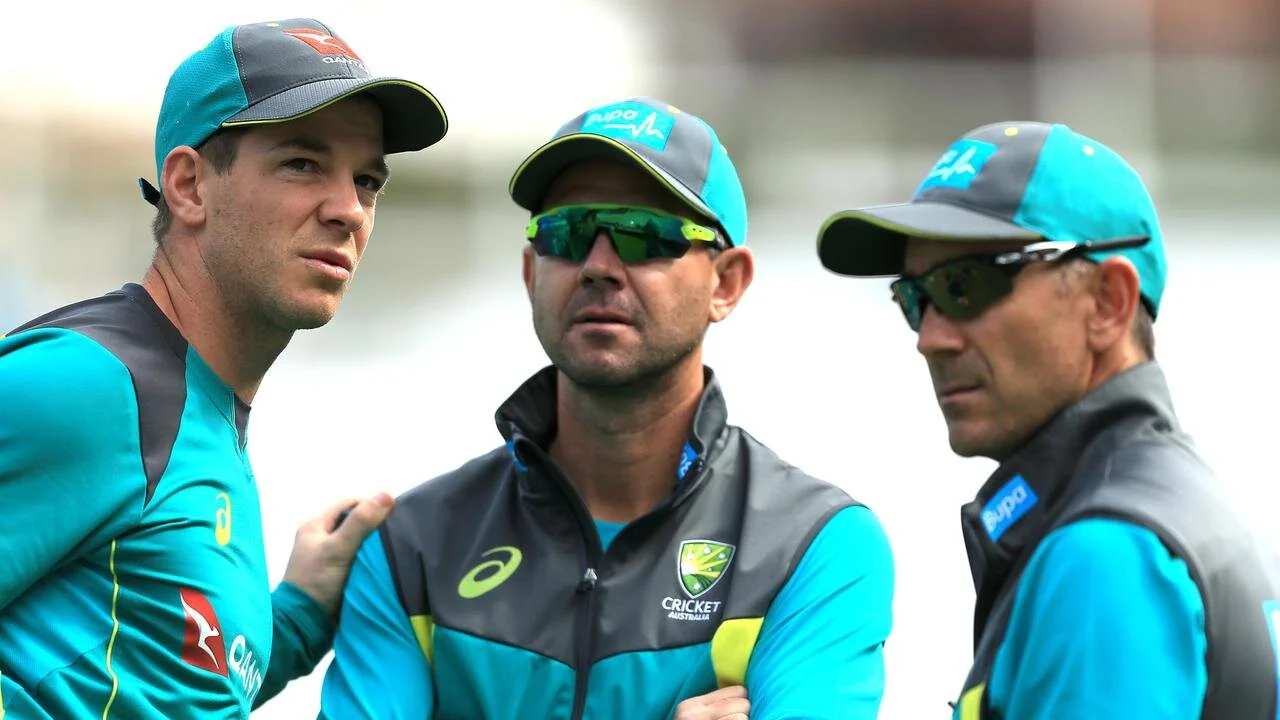How to "water your crops" in high performance sports environments
/Different sports, different countries, similar problems…..sporting organisations and teams failing to meet the ethical responsibility we have to nurture people with exceptional talents.
This article looks at the importance of seeing your athletes as a whole person as opposed to a players. I believe that acknowledging social and cultural forces exert a strong impact on the content, timing, and player’s articulation of characteristic adaptations such as personal strivings, it might be beneficial for coaches…to be more aware of (player’s) personal strivings or goals to better understand their internal narrative identity and desired cultural demands or encouragement expected to effectively develop their life story.
Read More





